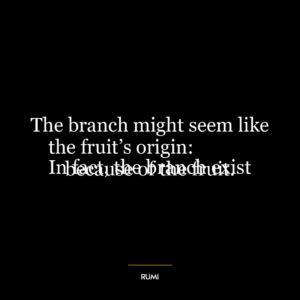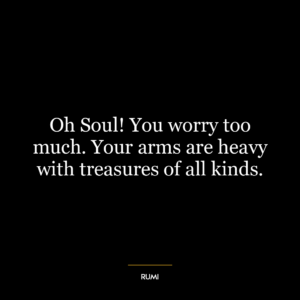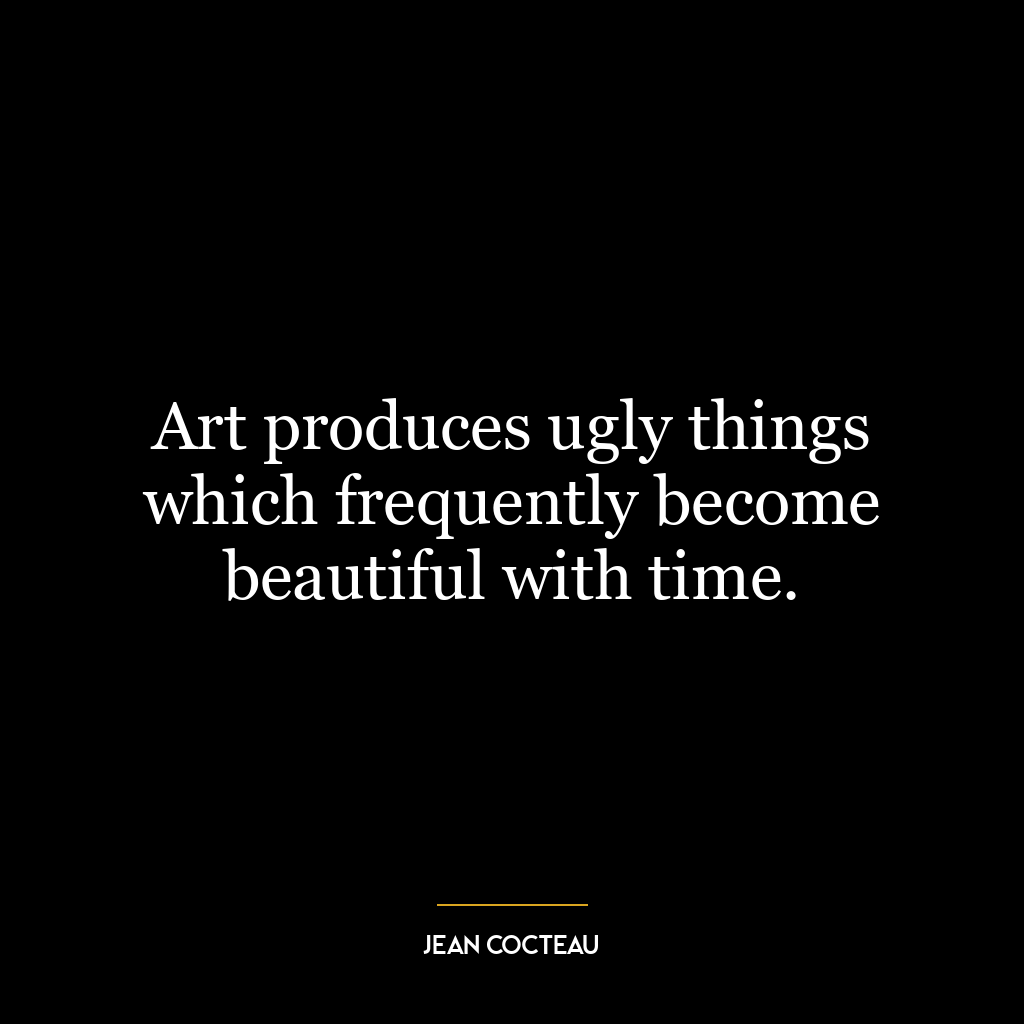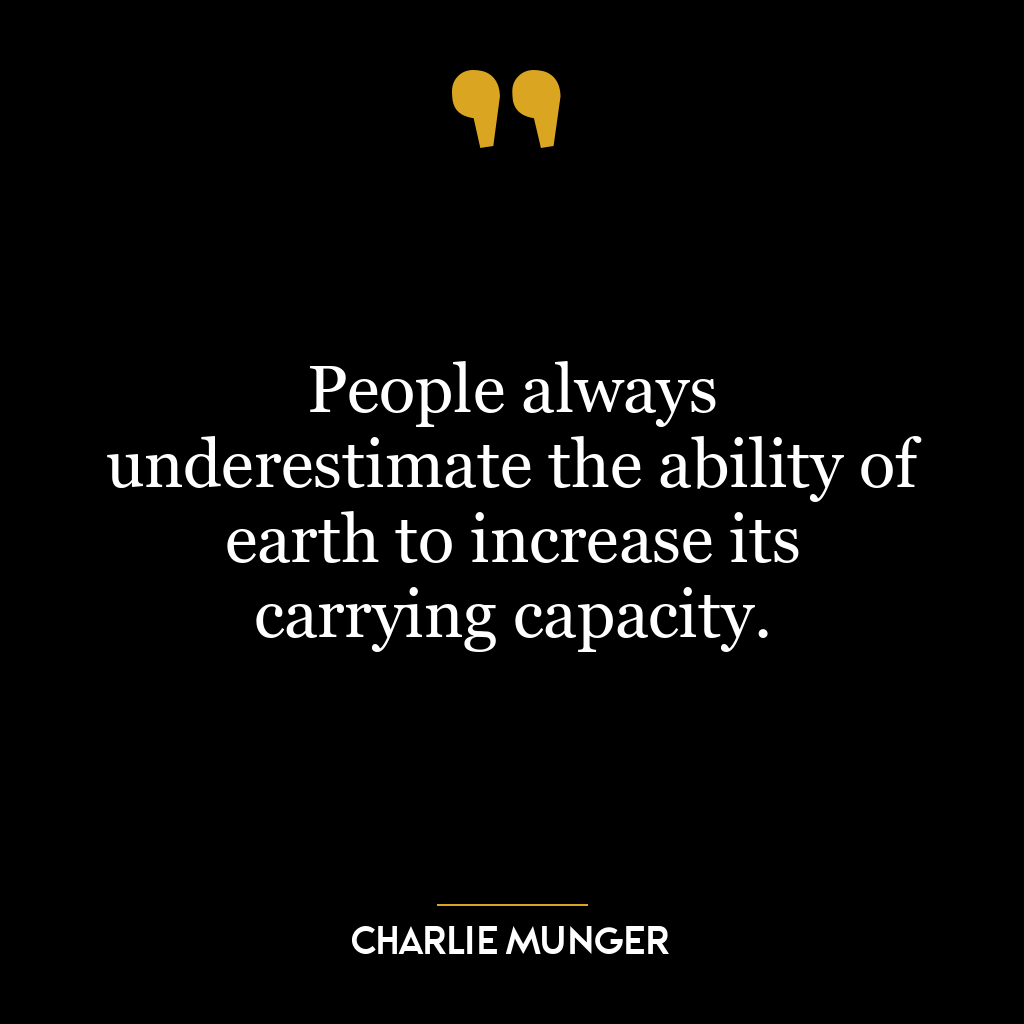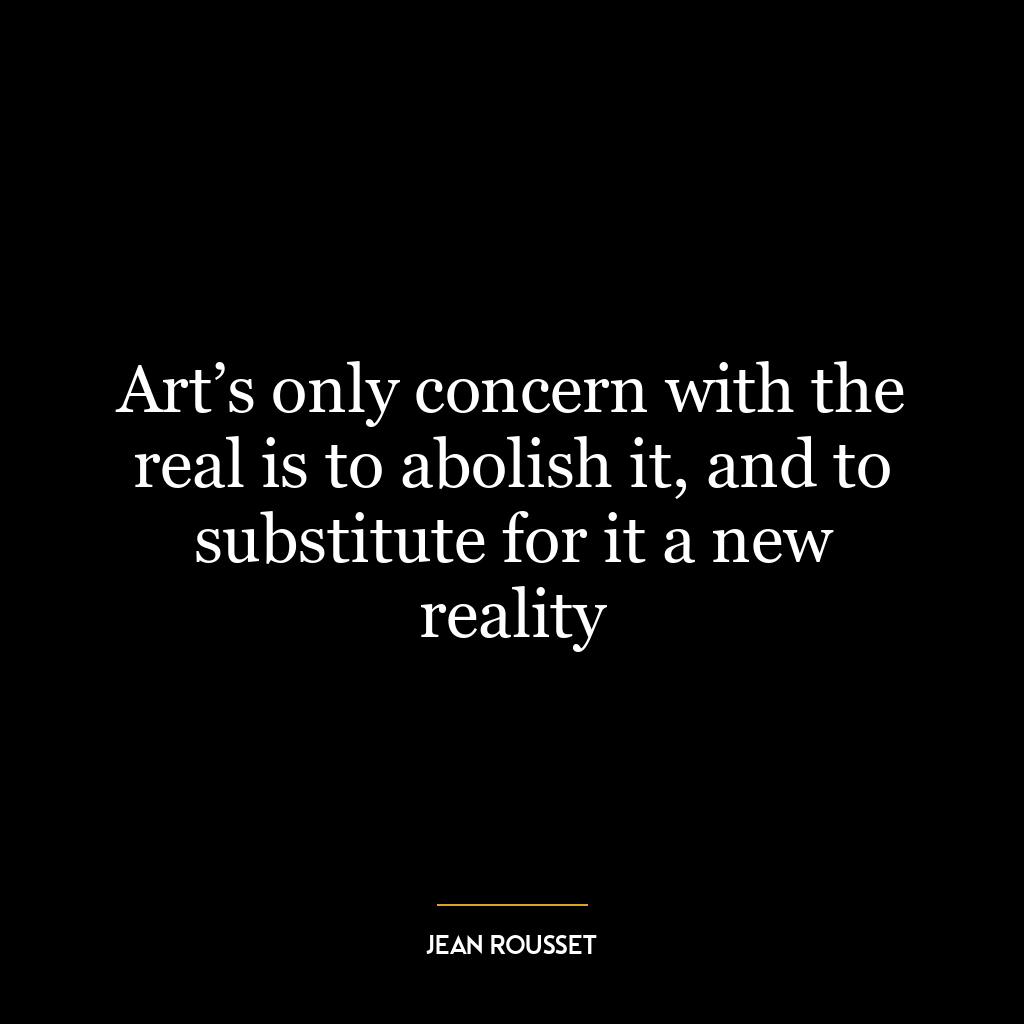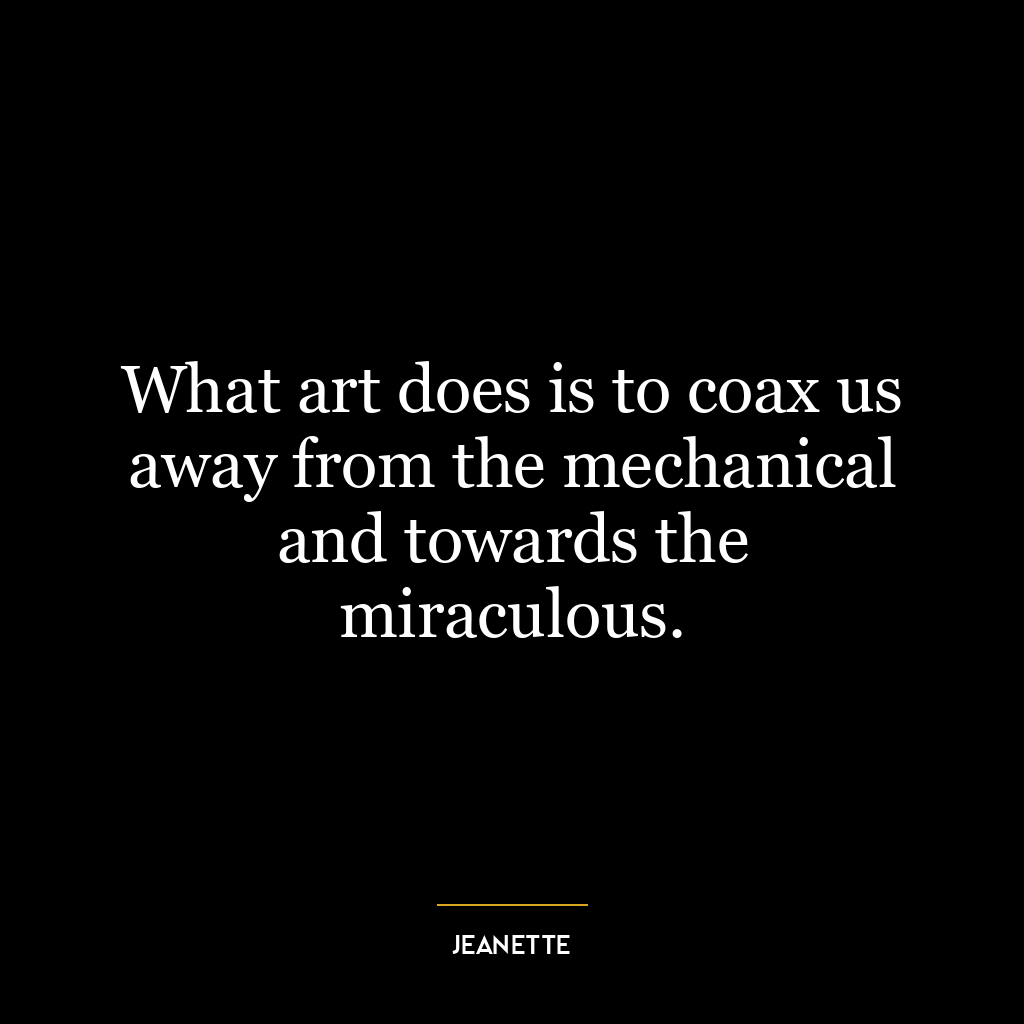This quote is a metaphorical statement that encourages us to find solutions to our problems in unconventional ways. the ‘habitual whirlpools’ symbolize recurring issues or obstacles we face in life, while ‘water’ represents us or our lives. So, when we get stuck in these habitual whirlpools or recurring problems, Rumi advises not just to keep circling within the problem but instead dig a way out through the bottom of the ocean. This means that sometimes the solution lies not on the surface but deep down – it requires digging deeper into ourselves, changing perspectives, and finding innovative solutions.
The ocean floor signifies something profound and unexplored - an area where light doesn’t reach easily. Digging there is akin to delving into our inner selves, exploring unfamiliar territories of our mind and soul for answers.
Applying this idea today could mean several things depending on context. In terms of personal growth, it suggests that when faced with recurring challenges (be they emotional patterns like anxiety or practical ones like time management), we shouldn’t just try to ‘stay afloat.’ Instead, we should seek deeper understanding and new approaches by questioning our established habits and beliefs.
In broader societal terms, this quote could inspire us towards innovative thinking for persistent global issues such as climate change or social inequality. Rather than sticking with what has been done before (and clearly isn’t working), we need to ‘dig deep,’ question existing systems fundamentally and look for radically different solutions.
So this quote urges us not only towards resilience but also creativity and introspection – as sometimes the answers lie far beneath the surface if only we dare to dig deep enough.



